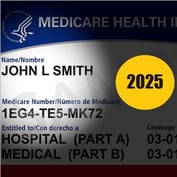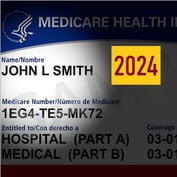(Bloomberg) — Doctors are denouncing the accuracy and value of data listing $77 billion in 2012 Medicare program payments to 880,000 Medicare providers.
Consumer and many interest groups are saying the data release could make the U.S. health-care system more cost-effective.
The Centers for Medicare & Medicaid Services (CMS) – the agency that posted the 2012 payment data – is pointing out that it has plenty of other data where that came from.
CMS officials are suggesting that they might follow up on the 2012 payment data report by providing comparable information for payments made in earlier years.
The 2012 pay data report listed about 4,000 doctors and medical providers who received more than $1 million in Medicare revenue in 2012, including seven who received more than $10 million each in Medicare revenue.
Releasing data from earlier years could help regulators and consumers track how Medicare payment patterns have changed over time.
In six to eight weeks, Medicare will release a database of 2012 payments to hospitals and clinics, the second time this information has been made public for medical institutions, according to Niall Brennan, acting director of the CMS data unit.
The agency released information in May 2013 showing that hospitals often charge prices that can vary by thousands of dollars for the same procedures, even within the same towns.
Hospitals questioned the disclosure of hospital-specific price data, saying the prices don’t reflect what they’re really paid by Medicare or other insurers.








 April 10, 2014 at 08:57 AM
April 10, 2014 at 08:57 AM










